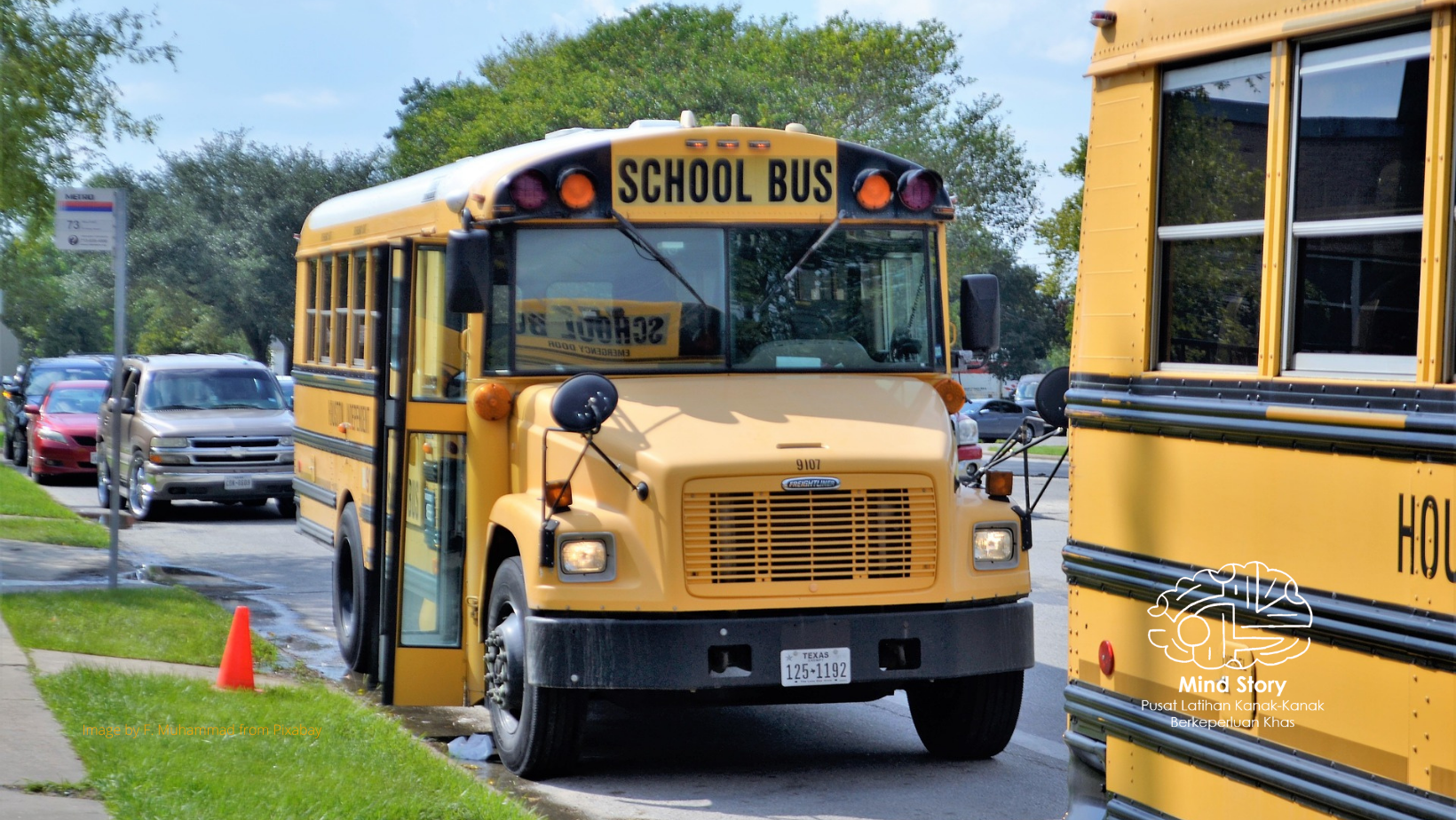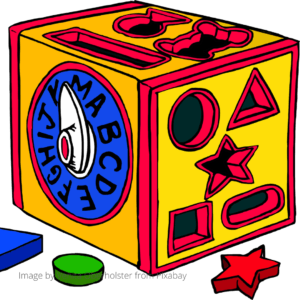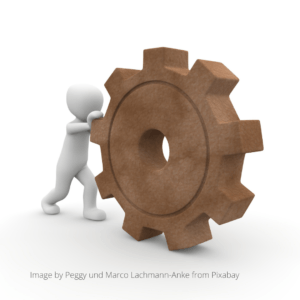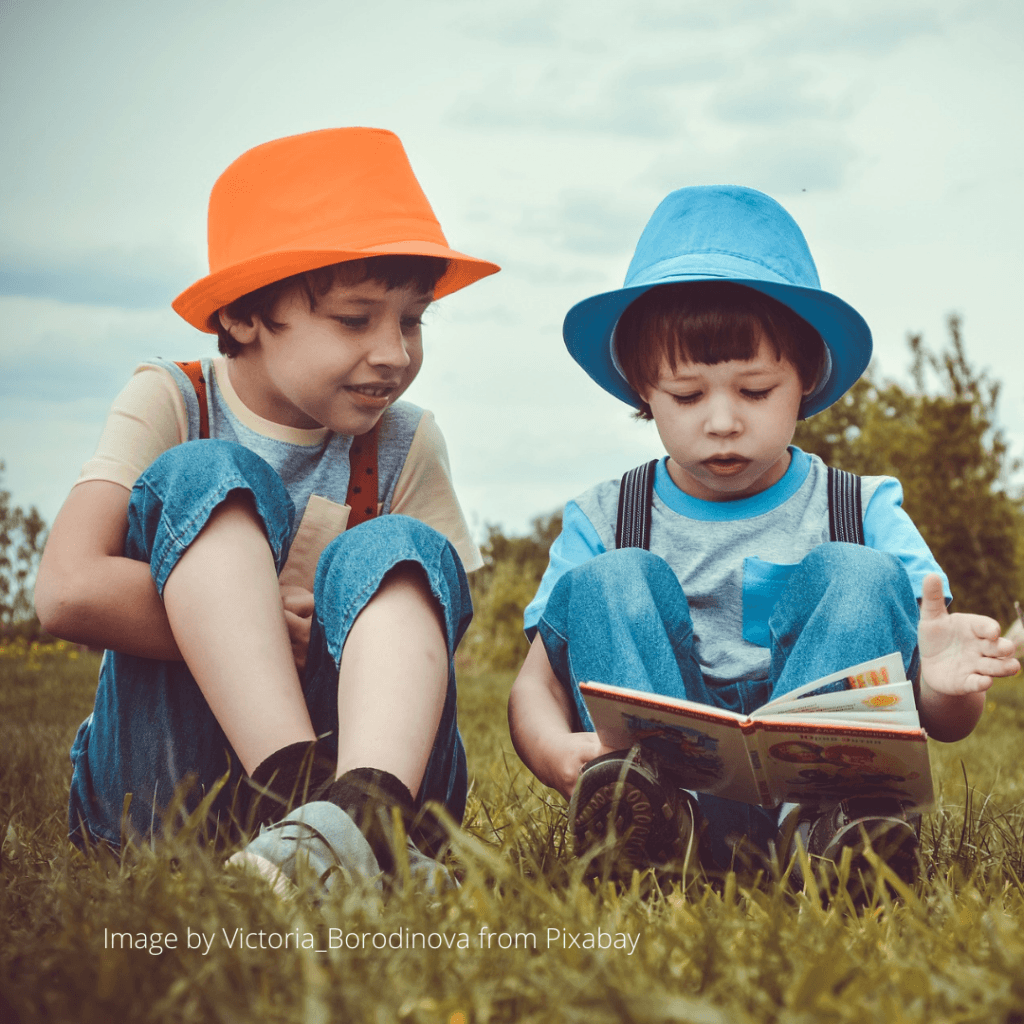
School readiness is how your child is ready to transition into a school environment. You can support your child in getting him / her ready for a school environment by developing important skills they need such as self-regulation, organizational skills, motor skills, life skills, language and social skills.
What is school readiness?
Being in a school is beyond learning and writing the ABC’s. It includes getting into a new environment where he / she has to be independent. Your child has to walk in to school, find his / her classroom and seat in a classroom. He / She has to sustain sitting long period on their chair, listening to instructions, complete independent tasks as instructed by the teacher. They also need to take care of their own belongings, manage textbooks and homework assigned by teachers. Furthermore, they have to find their way to the toilet, taking care of their self-hygiene, make new friends and control their impulses and emotions.
What are skills needed for your child to be ready for school?
Self Regulation

Being in school means longer schooling hours and many transitions between activities in class and in between classes. Your child need to be able to identify and manage their emotions and behaviors frequently as tasks at hand may present its challenges throughout the day. They are also sitting longer at their desks as well as disruptions due to bigger classroom environment which would require more self-control in manage their impulses from fidgeting to walking away from desk.
Organization skills
A common problem when children transition to school environment is losing their belongings or forgetting homework assigned by teachers because they have more subjects and activities to work on during a day in school. Your child will need to learn to organize their belongings which includes sorting materials as well as keeping up with the pace in class. Learning strategies such as taking notes, cleaning up after class and putting things back in order are organization skills that will support your child in school environment.

Motor skills

School assembly, sports activities and cutting and writing are all part and parcel of being in school. Your child’s physical gross motor and fine motor ability will support their learning in school. Moreover, when they are able to perform such activities without challenges, it will reduce their frustrations and peer pressure of performing such tasks within expectations.
Read more on supporting your child’s physical development.
Life skills
School is a bigger environment when compared to home and kindergarten. Teachers in school have 2-3 times bigger student count per teacher ratio. Life skill such as requesting to go toilet and hand washing independently are prerequisite for a child when in school. A teacher in school does not have the additional resources to attend to every single child who needs help when they request to use the toilet or during break time. Your child must be independent when taking care of their personal hygiene and well-being when in school.

Language skills

Most instruction in school are given verbally. Your child is expected to be able to receive information delivered by teachers (and friends) and execute instructions given by teachers while in school. They are expected to be able to express their intention and thoughts verbally in school as well. The appropriate words or vocabulary your child has will facilitate their learning and communicating in school experience.
Read more on understanding communication and language development in your child.
Social skills
Is your child able to make new friends or play along with friends? Their ability to socialize, taking turns, cooperating with classmates will ensure that their environment remains conducive for learning to take place.
Read more on key to building relationships with social emotional skills.

Supporting your child at home
Here are some activities which you can do with your child at home to support them getting ready for school.
Play is one of the best way to support your child to be ready for school. Role play various situations in school – such as greeting teachers, playing with friends, asking for permission or getting lost in school. Explore with your child what will they do, brainstorm various ways of resolving conflict with friends or problem solve potential situation in school.
To teach organizational skills, get your child involved with household chores – sorting clothes, labeling, sweeping floor, setting table or clearing dishes. When you received the school materials such as textbooks, workbooks and exercise books, get your child involved in wrapping and labeling the books. You can color code them according to subjects and teach your child to recognize the color.
Get active and build stamina for your child. Being long hours in school requires longer endurance and stamina. Being exhausted would bring on more challenges in behavior and your child’s ability to cope with stress. Being physically active support your child’s learning ability as your child’s sensory input are stimulated.
Conclusion
Getting your child ready for school is beyond getting him or her recognizing the alphabets or learning how to write in between lines. Other skills required for your child’s successful transition to school includes self-regulation, organization skills, motor skills, life skills, language skill and social skills. Take this opportunity to build up these skills at home with your child by playing, doing chores and be physically active.
Get the school readiness checklist here.